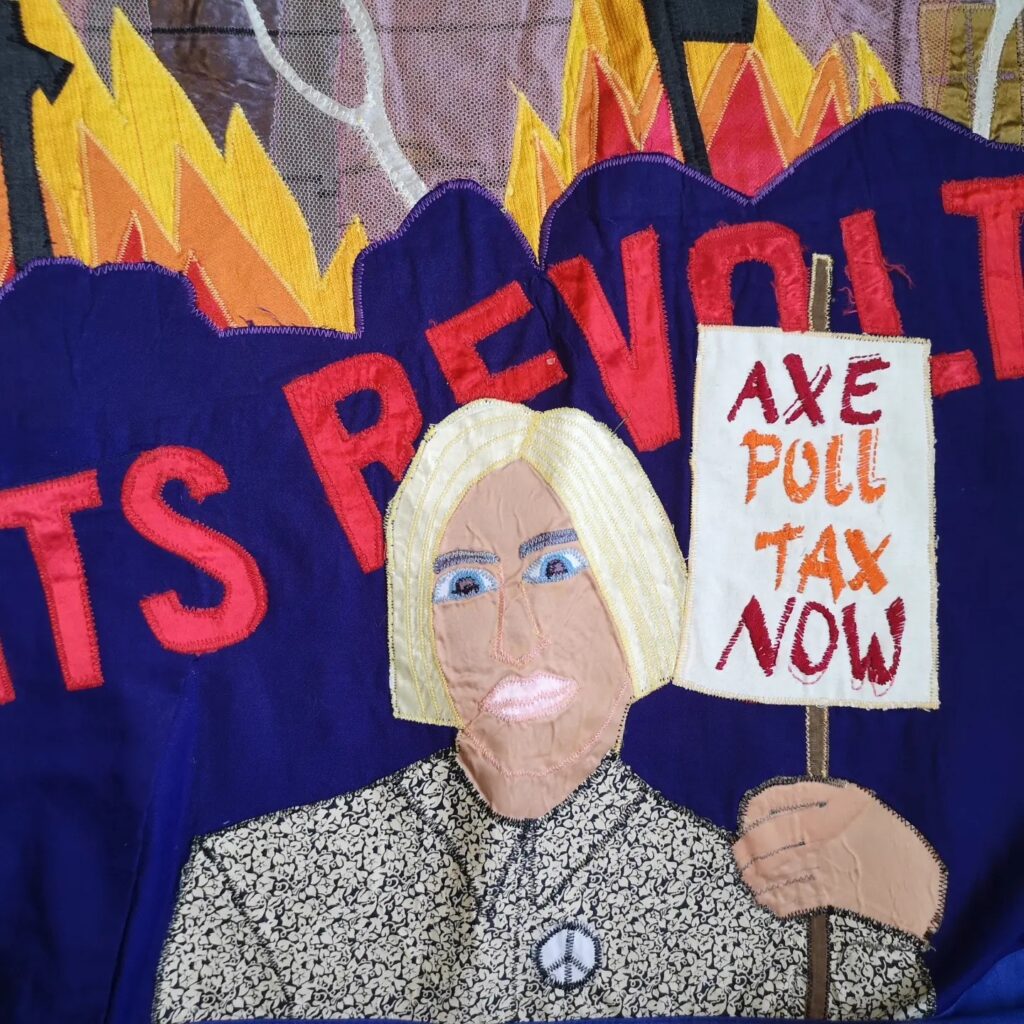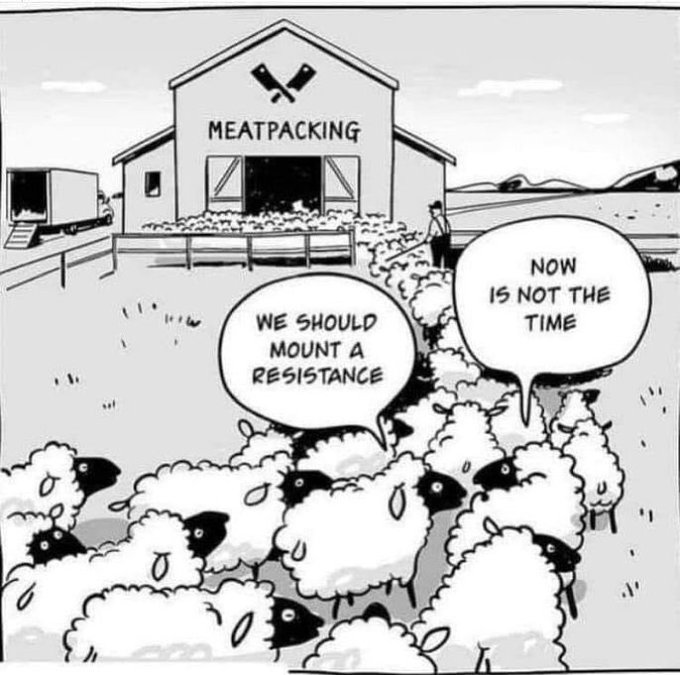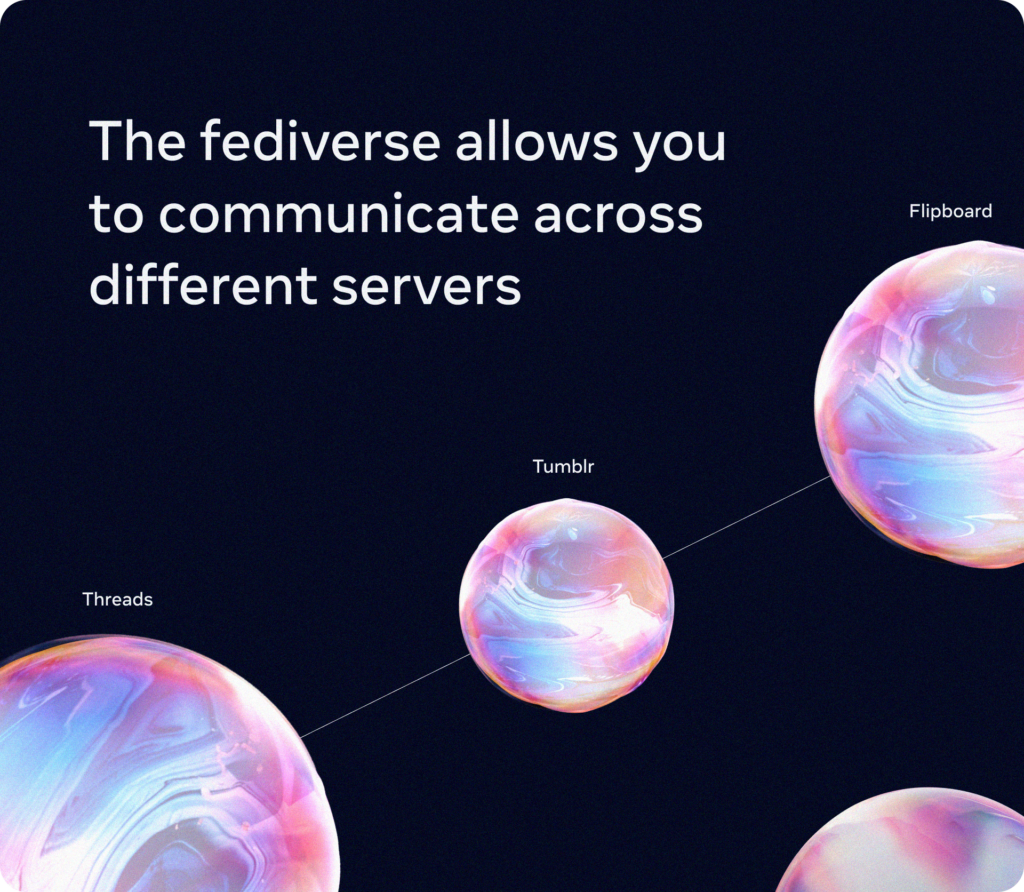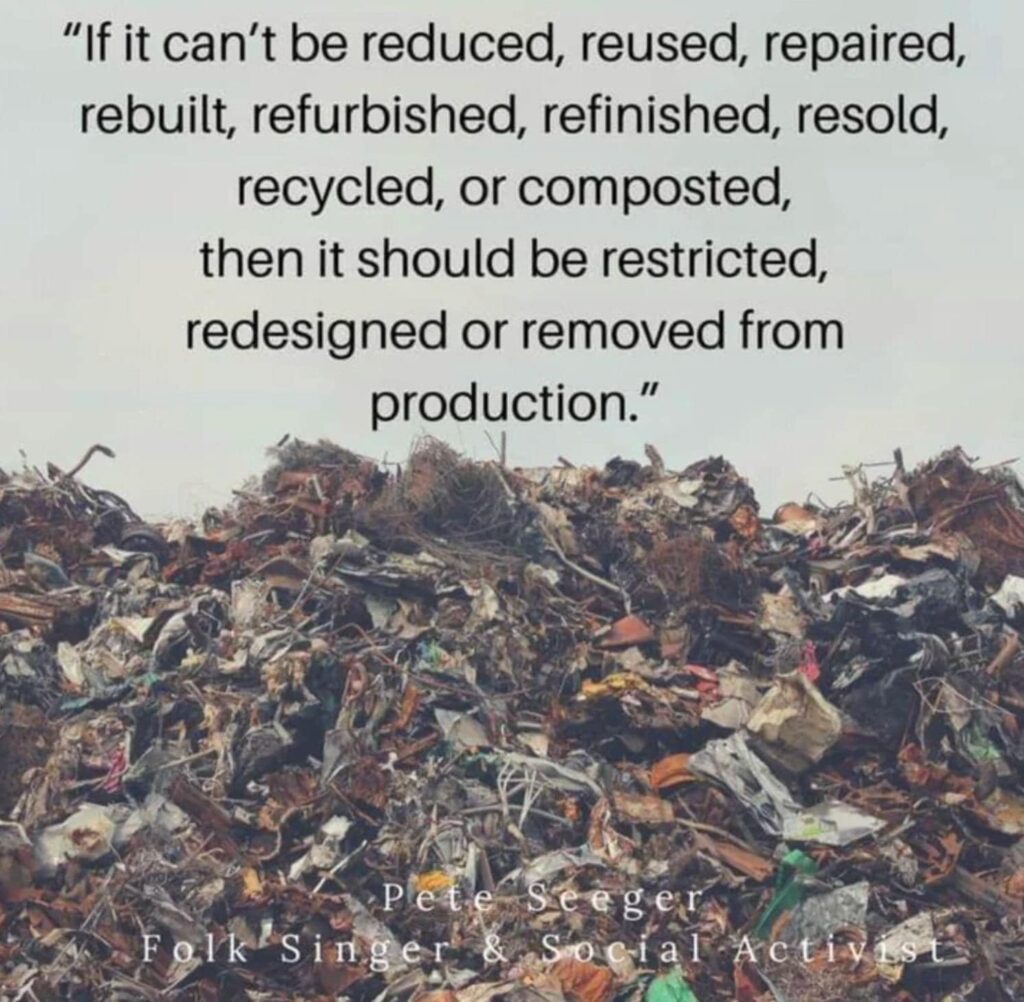
For thousands of years, the demands of the oppressed have remained startlingly consistent: Erase all debts, Burn the records, redistribute the land. These weren’t radical demands. They were and are common sense for those crushed by the weight of extraction, enclosure, and empire.
Compare that to today’s to often #fashionista “leftist” rallying cry of “Tax the rich.” Let’s be honest, this is moderate, half-baked reform in the #KISS sweep of human struggle. “Tax the rich” still assumes the rich deserve to keep most of what they’ve hoarded. It doesn’t touch the foundations of power. It doesn’t challenge the right of a #nastyfew to control the lives and labour of the many, it’s simply a polite request for a fairer share of exploitation.
Let’s talk about #conservatism – not the myth, but the mechanism. It’s not in any way about preserving “traditional values.” That’s branding. It’s about conserving power. Specifically, it’s about conserving the power relationships of the #nastyfew who own and rule, while the rest of us keep our heads down, grateful for scraps. It’s about saying the rich deserve their wealth, and the poor deserve their suffering. It’s about hiding violence behind respectability, and calling it “order.”
This didn’t start yesterday, from the French Revolution to today’s food bank capitalism, conservatism has been #blocking grassroots movements work to compost this mess. And now, it masks itself in liberal #mainstreaming, progressive slogans, while cops will increasingly beat your neighbours in the street.
And yes, if they’re beating your neighbours today, they’ll be beating you tomorrow. But maybe that shouldn’t be the reason to care, maybe it should be enough that they’re beating your neighbours today. This is not about guilt, it’s about clarity, we need to remember what real justice has always meant. Not tweaks, not taxes, not “top” tables with seats for the “marginalised.” But a complete rethinking of power, because if we don’t start #KISS thinking again, we’re not challenging anything – we’re decorating to hide the smell of the #deathcult
Please don’t be a prat about this, thanks.




